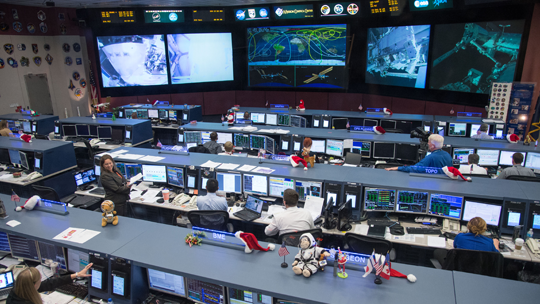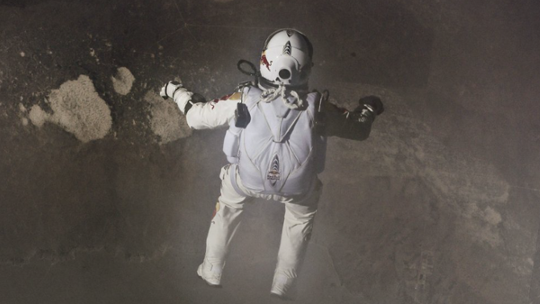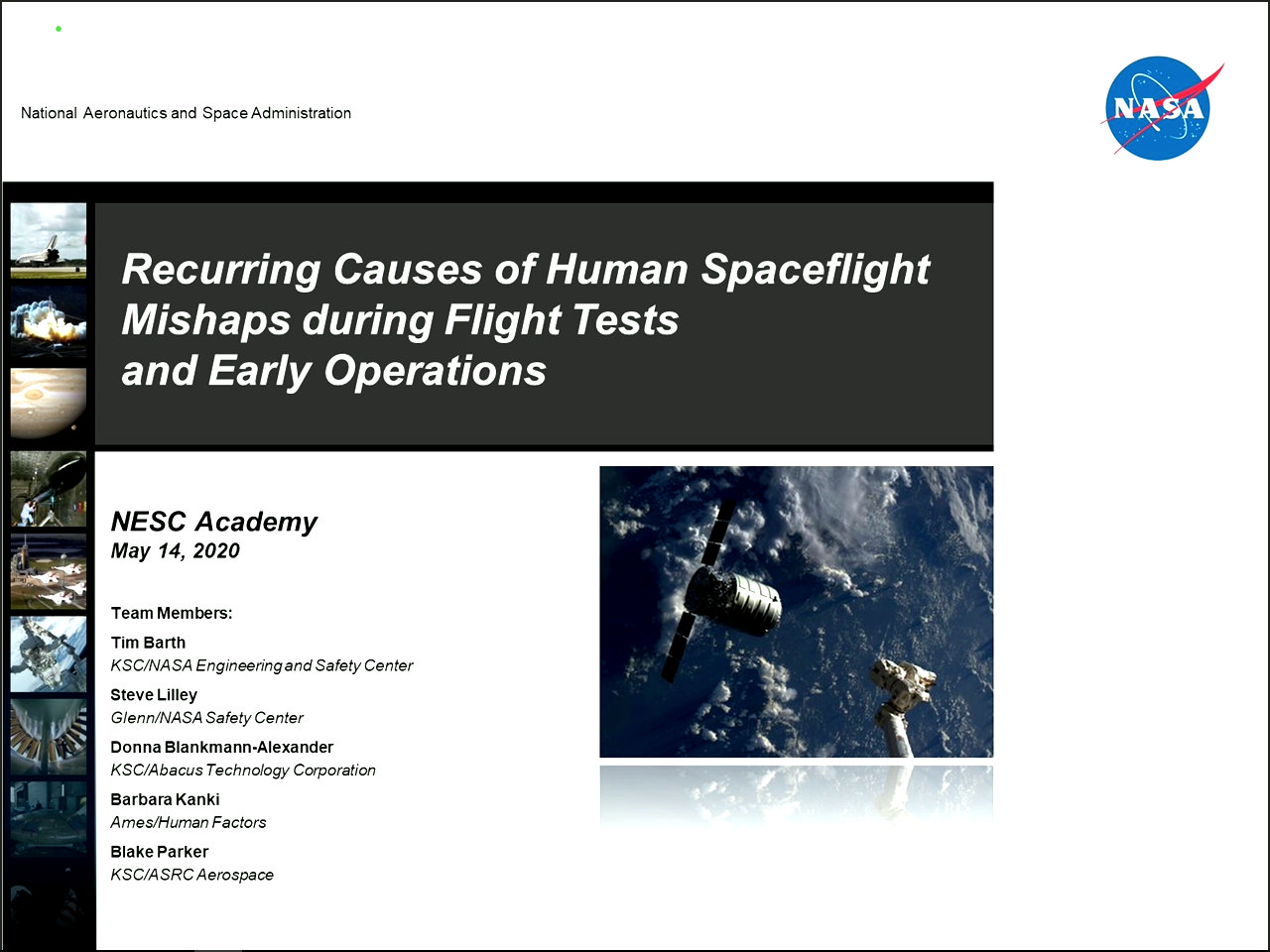Spacewalk Incidents and Close Calls
ABOUT THE SPEAKER:
Dr. Jonathan B. Clark is an adjunct associate professor of Neurology and Space Medicine at Baylor College of Medicine. Dr. Clark served 26 years on active duty with the U.S. Navy, and qualified as a naval flight officer, naval flight surgeon, U.S. Navy diver, U.S. Army parachutist, and special forces military freefall parachutist. His assignments included heading a research centrifuge facility, an aeromedical department at a Marine aviation squadron, and the Neurology and Hyperbaric Medicine divisions at the Naval Aerospace Medical Institute. He flew combat medical evacuation missions in Operation Desert Storm with the U.S. Marine Corps.
Dr. Clark worked at NASA Johnson Space Center from 1997 to 2005, was a Space Shuttle Crew surgeon on six shuttle missions, chief of the Medical Operations Branch, and a senior Federal Aviation Administration (FAA) aeromedical examiner (AME). He was a member of the NASA Spacecraft Survival Integrated Investigation Team from 2004 to 2007 and a member of the NASA Constellation Program EVA Systems Project Office Standing Review Board from 2007 to 2010. He was a Space Medicine Advisor for the National Space Biomedical Research Institute from 2005 to 2017.
In 2008, Dr. Clark was an expedition physician supporting the Haughton Mars Project on Devon Island in the high Canadian Arctic. He was chief medical officer for orbital commercial space company Excalibur Almaz from 2007 to 2012, and chief medical officer for the Inspiration Mars Foundation since 2013. Dr. Clark was medical director of the Red Bull Stratos project, a manned stratospheric balloon freefall parachute flight test program, which on October 14, 2012, successfully accomplished the highest stratospheric freefall parachute jump (highest exit altitude) from 127,852 feet, achieving human supersonic flight (Mach 1.25) without a drogue chute at 843 miles per hour. In 2012, Dr. Clark joined the StratEx Space Dive project as the lead flight surgeon and medical advisor, and this project culminated in the new high altitude exit freefall record of 135,890 feet, reaching Mach 1.22 at 822 miles per hour in 2014. He is a space medicine consultant for commercial space companies, including Virgin Galactic, SpaceX, and Space Perspective. Dr. Clark is board certified in neurology and aerospace medicine and is a fellow of the Aerospace Medical Association. His professional interests focus on the neurologic effects of extreme environments, crew resilience, and crew survival in space.



